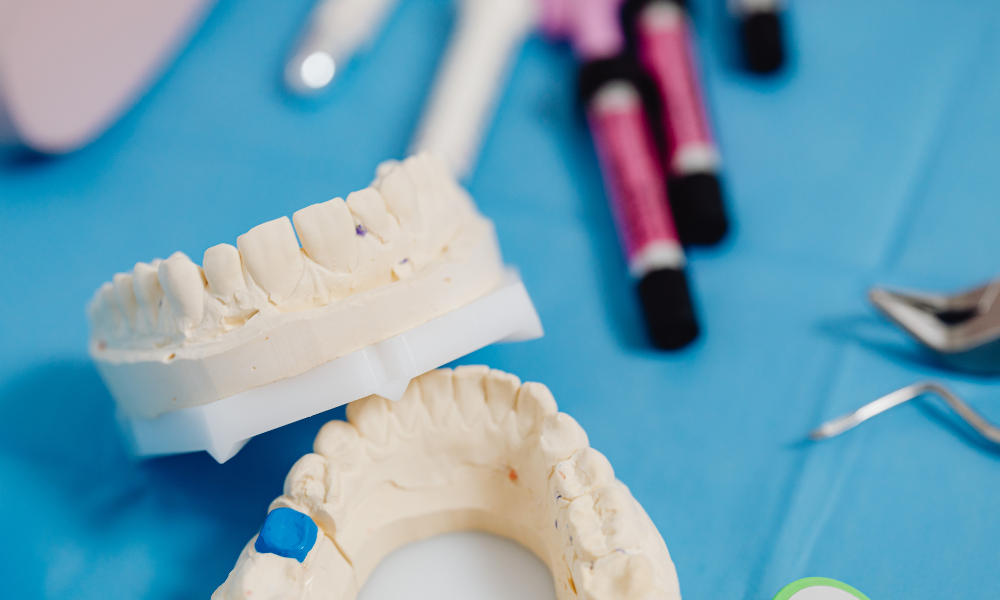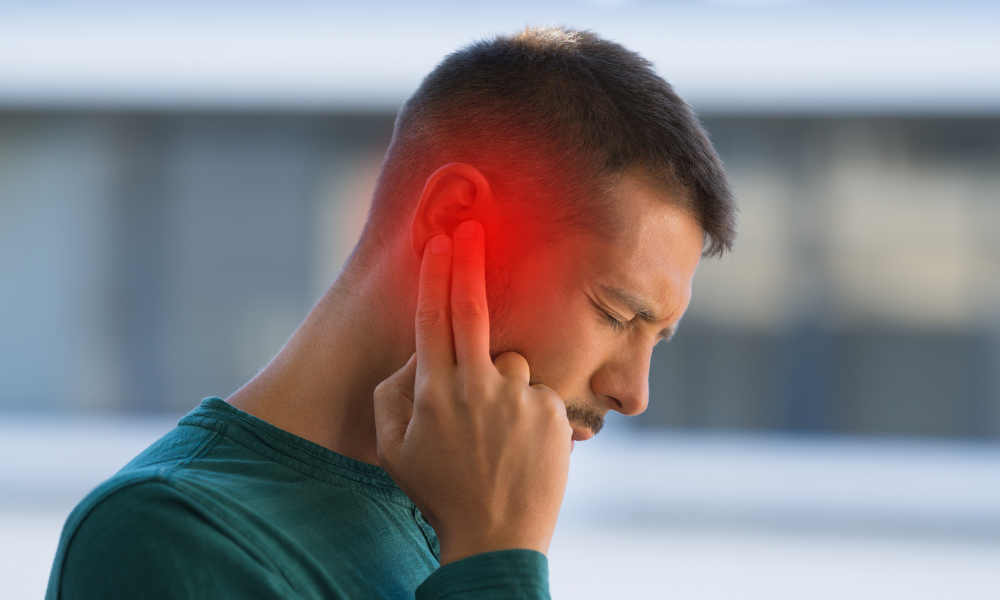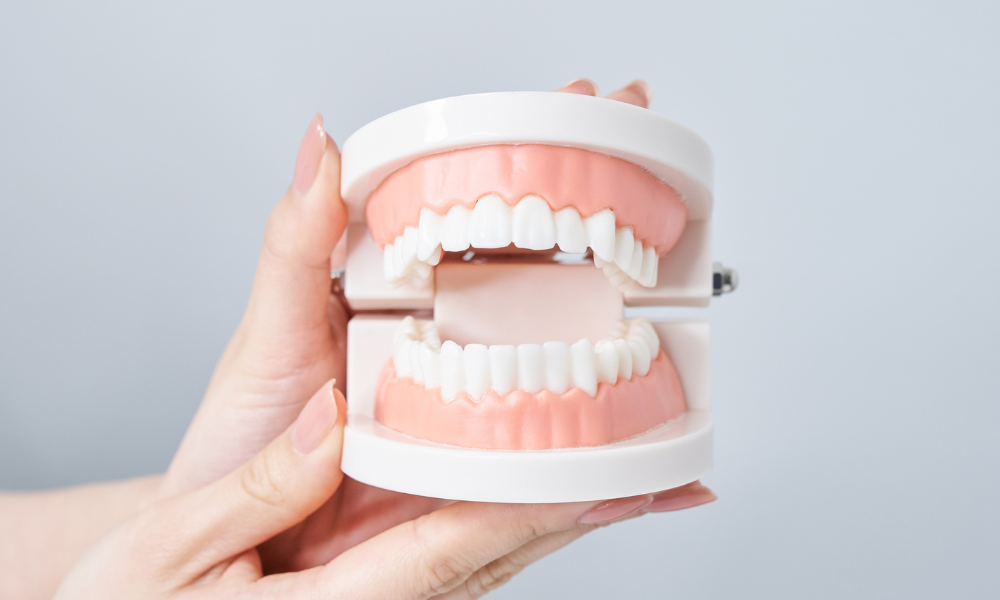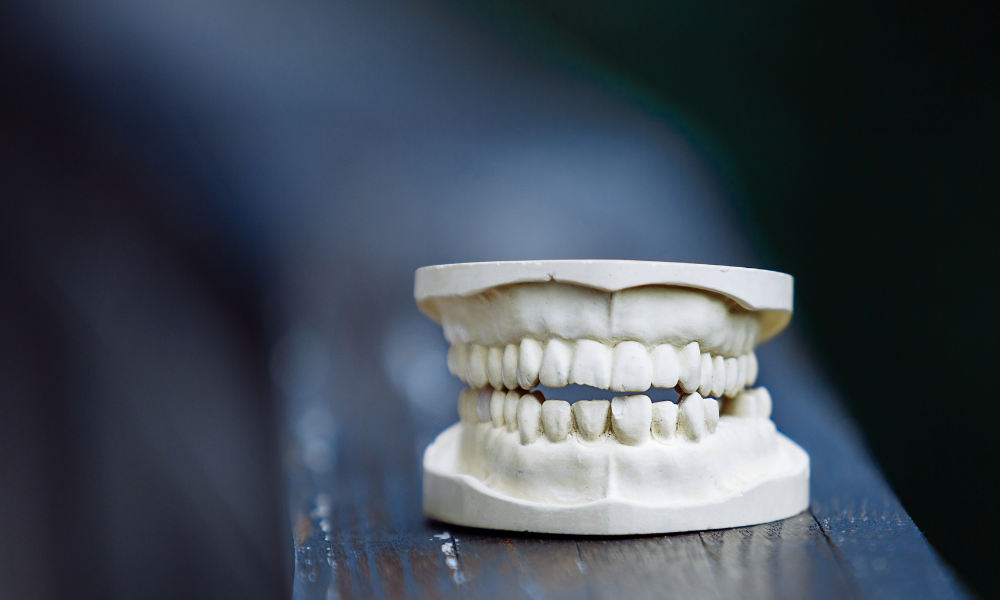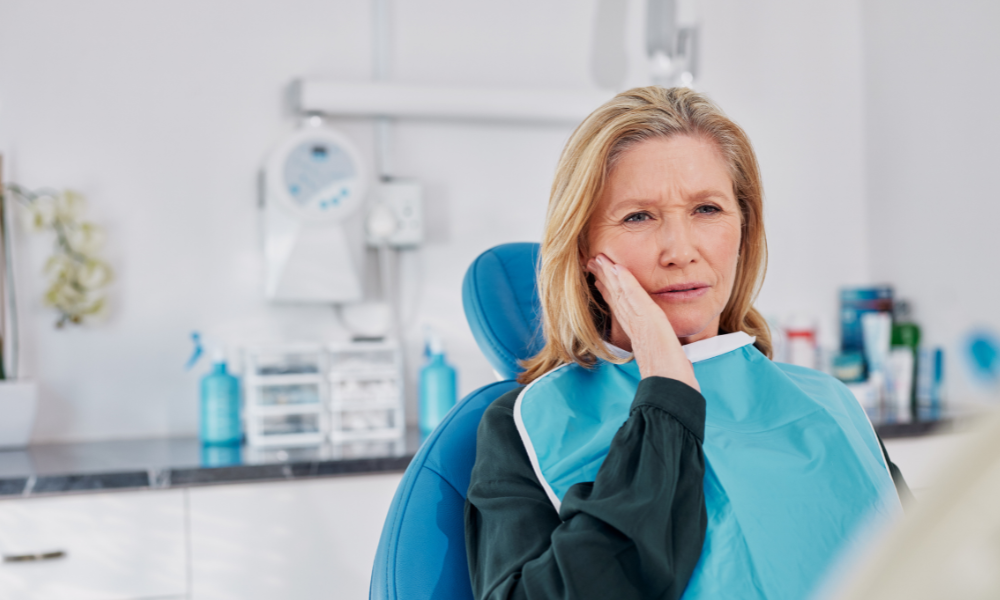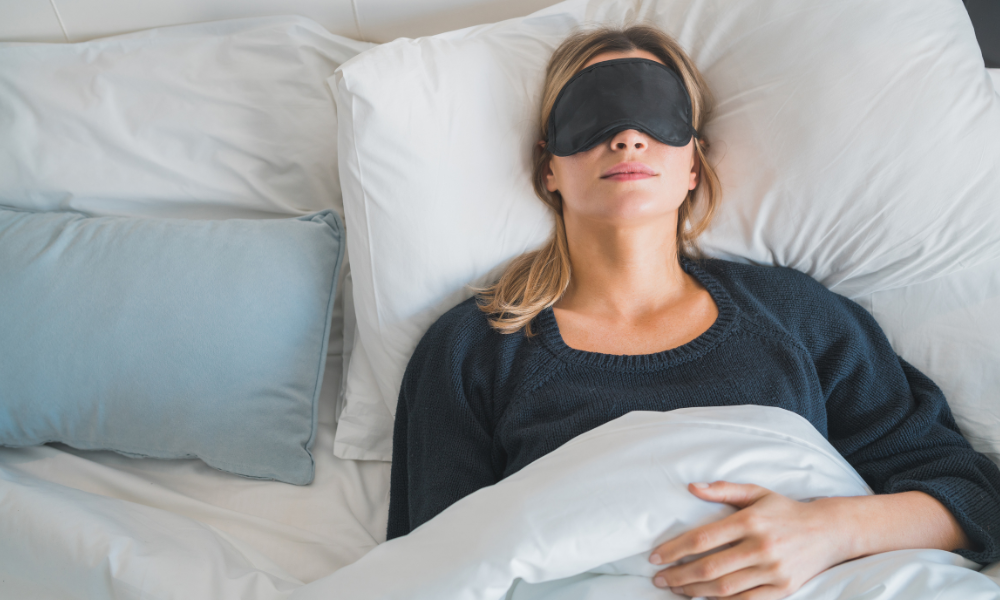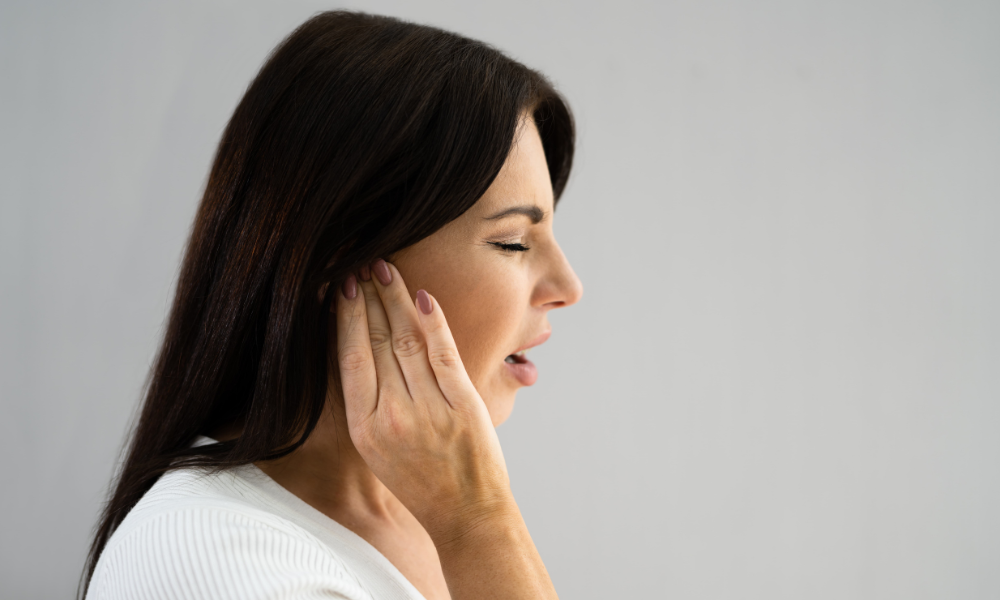
Are you feeling more tired than usual, despite getting a full night's sleep? Or perhaps you've noticed an increase in headaches or jaw pain? These could be early warning signs of sleep apnea or Temporomandibular Joint (TMJ) disorders. You might be thinking, "Sleep apnea? TMJ? What in the world are those?" Well, you're not alone. Many people aren't aware of these conditions, despite their prevalence.
Sleep apnea is a potentially serious sleep disorder where breathing repeatedly stops and starts throughout the night. On the other hand, TMJ disorders are a type of temporomandibular disorder that cause pain in your jaw joint and the muscles that control jaw movement. Both conditions can significantly impact your quality of life if left unaddressed.
But don't worry—we're here to help guide you through it. By recognizing the early warning signs, you can take the necessary steps to address the issue before it becomes a serious problem. So, let's dive into the world of sleep apnea and TMJ disorders and shine some light on these often overlooked health conditions.
Early Warning Signs of Sleep Apnea
Sleep apnea, a condition characterized by repetitive pauses in breathing during sleep, can have several early warning signs. Being aware of these indicators is crucial for timely intervention and treatment. Some common early warning signs of sleep apnea include:
1. Frequent Snoring:
Occasional snoring is usually harmless, but chronic, loud snoring may indicate the presence of obstructive sleep apnea, which occurs when the airway becomes partially or completely blocked during sleep.
2. Daytime Fatigue:
Individuals with sleep apnea often experience excessive daytime sleepiness due to the fragmented sleep caused by repeated interruptions in breathing.
3. Restless Sleep: Frequent tossing and turning, or a sense of struggling during sleep, may be an early indicator of sleep apnea.
4. Morning Headaches:
Sleep apnea can reduce oxygen levels in the bloodstream, leading to disruptive blood flow and causing headaches upon waking.
Spotting the Early Indicators of TMJ Disorders
Temporomandibular joint disorders involve issues with the jaw joint and connected muscles that help control jaw movement. To address these disorders before they worsen, it is important to recognize their early warning signs, which may include:
1. Jaw Pain and Tenderness:
One of the most common indicators of a TMJ disorder is persistent pain or tenderness in the jaw area, making it difficult to move the mouth or chew comfortably.
2. Jaw Clicking or Popping Sounds:
While an occasional click or pop in the jaw may be normal, frequent and painful clicking when opening and closing the mouth may indicate a TMJ disorder.
3. Difficulty Opening or Closing the Mouth:
Limited jaw mobility or an uncomfortable sensation when attempting to open or close the mouth wide can be early warning signs of a TMJ disorder.
4. Misaligned Bite:
A change in the way your upper and lower teeth fit together may signal a TMJ issue affecting the jaw alignment.
The Importance of Early Intervention in Sleep Apnea and TMJ Disorder Management
Addressing sleep apnea and TMJ disorders as early as possible is crucial for mitigating their long-term complications and optimizing treatment outcomes. Early intervention offers several key advantages:
1. Prevention of Complications:
Untreated sleep apnea can result in long-term health issues, such as increased risk of hypertension, heart disease, and stroke [6]. Similarly, untreated TMJ disorders can cause chronic jaw pain, headaches, and worsening dental conditions. Early intervention helps prevent these complications.
2. Improved Treatment Outcomes:
Timely diagnosis and treatment can lead to more effective treatment options, minimizing the risk of progressive or irreversible damage to the jaw joint or airway.
3. Enhanced Quality of Life:
Addressing sleep apnea and TMJ disorders early on can vastly improve your quality of life by reducing pain, improving sleep quality, and preventing complications that may interfere with daily activities.
Taking Proactive Steps to Address the Warning Signs of Sleep Apnea and TMJ Disorders
If you have identified any early warning signs of sleep apnea or TMJ disorders, it is essential to take proactive steps towards addressing these concerns:
1. Consult a Healthcare Professional:
Reach out to Columbia Center for Sleep Apnea and TMJ to discuss your symptoms and receive a comprehensive evaluation.
2. Lifestyle Modifications: Implement lifestyle changes that may help alleviate symptoms, such as improving sleep hygiene, incorporating stress management techniques, and adjusting your diet or exercise regimen.
3. Seek Treatment: Begin a tailored treatment plan designed by your healthcare professional, which may include dental interventions, lifestyle recommendations, and the use of supportive devices, such as custom oral appliances.
Understanding the Early Indications of Sleep Apnea and TMJ Disorders
Early recognition and intervention are vital for effectively managing sleep apnea and TMJ disorders. By closely monitoring your symptoms, adopting proactive healthcare strategies, and promptly seeking professional guidance, you can minimize the impact of these conditions on your life and improve your overall health and well-being.
Dr. Bloxham at Columbia Center for Sleep Apnea and TMJ is dedicated to supporting you on your journey to optimal health and helping you find the
best treatment for sleep apnea and TMJ in Richland. Do not wait for sleep apnea or TMJ disorders to worsen—contact us today to begin the path to a healthier, more comfortable life.
